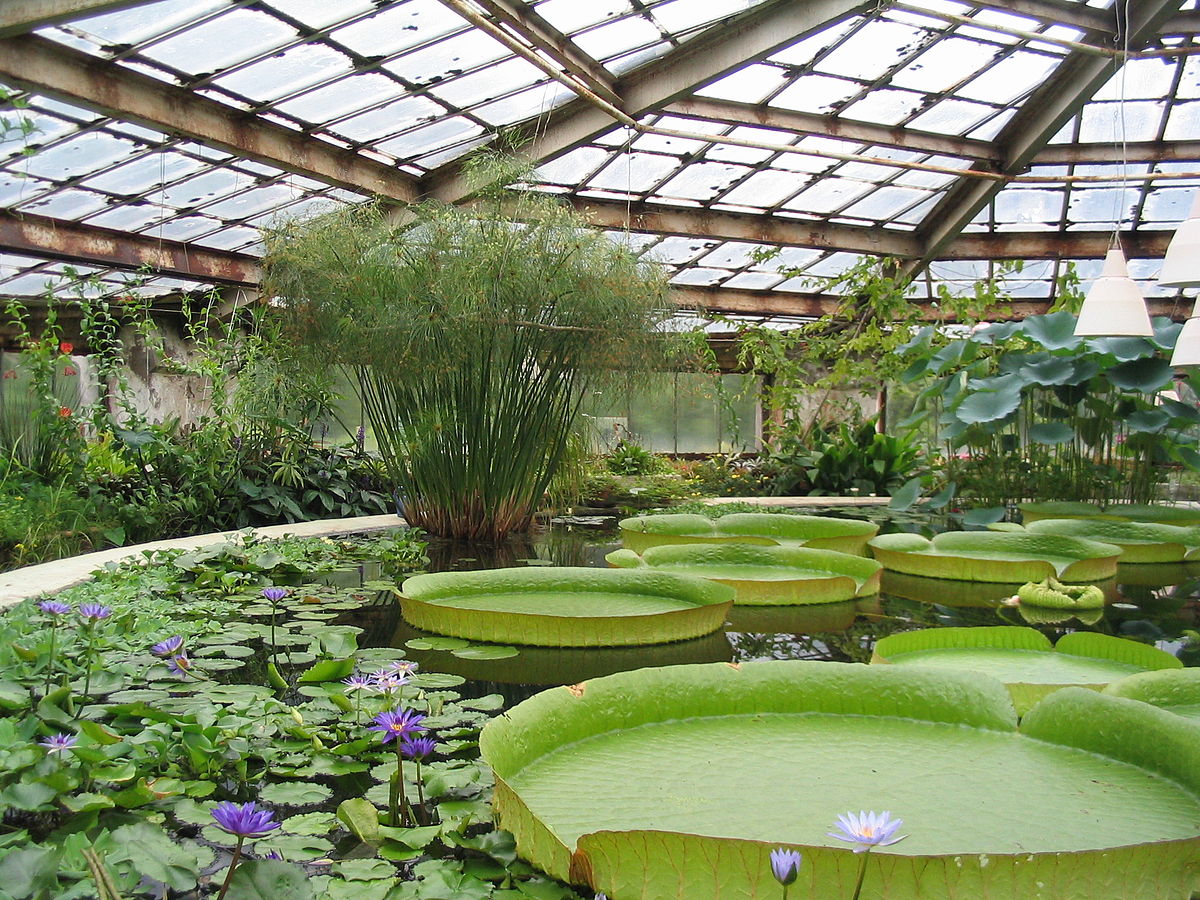



Article by: Hari Yellina
Two members of the committee have been named life members by the Australian Hydroponic Farmers Federation (HFF). David Pearson and Tony Spurling received recognition for their contributions to the industry at the 12th Biennial Conference earlier this month in Dandenong. Mr. Pearson, who formerly owned Country Fresh Herbs as well, is leaving the committee so that he and his wife Marika can travel more. Mr. Pearson stated, “I did what I did with the HFF because I wanted to do it. “I have benefited from it more than I could have ever expected. I just can’t thank everyone enough for this honour, and I look forward to staying in touch with everyone while also taking some time to myself.”
Helping people in Mongolia construct a greenhouse by sharing his experience from the Australian sector, including resources, knowledge, and cash, was one of the many projects that Mr. Pearson actively worked on during his time at the HFF, and of which he is most proud. He remarked, “My wife Marika and I were helping people in Mongolia back in 2011 through some charitable activities. The capital, Ulaanbaatar, had an airport lounge. As I left it and made my way into the city, I had the notion that hydroponics had the potential to transform the entire nation.
If you don’t know Mongolia, it can get as cold as minus 50 degrees and as hot as 38 degrees (Celsius); growing there is incredibly challenging. So, there was no use in planting if you couldn’t grow something and harvest it in 60 days. The locals we knew there exclusively consumed their livestock, not any fruits or veggies. Every ten years or so, Mongolia experiences a weather phenomenon known as a Dzud, which is characterised by a summer drought followed by a wet and snowy winter. As a result, a lot of the fodder needed to sustain herds is killed; in the case of the 2010 event, 8 million animals perished and the population was left without any means of subsistence.
After the Dzud, Mr. Pearson’s organisation, Samaritans Purse Australia, set up a communal vegetable farm. A well was built and a 300 square metre single-skin poly greenhouse built in a settlement of 38 families to raise basic vegetables. Additionally, Ulaanbaatar pumps free hot water that is 86 degrees throughout all of its residences; this hot water was shown to provide a source of heat for greenhouses in urban areas but not in rural ones. Around that time, Mr. Pearson recalled, “we extended our hand and took them over to Australia where they attended our conference and we taught them a little bit about hydroponics.”
“After a few years, they developed an idea for the design of a greenhouse that would work for them in the rural areas. What has changed is that they are now productive 260 days out of the year thanks to easy ideas they came up with on their own. I borrowed some inexpensive LED grow lights and hanged them up; they function in their environment, which may reach – 50 degrees.” Thus, the output window was essentially doubled by the addition of hydroponics and greenhouses, which added numerous weeks on either side of the three-month growing season. However, it involved more than just building a greenhouse; it involved educating Mongolians.
The HFF supported host Turkuu Yadmaa to travel to Australia and some greenhouses, connect with local producers, and attend a prior HFF conference. He learned useful knowledge to bring back to his own country and accepted the idea and its potential to improve the lives of people there. Since coming home, Mr. Yadmaa has constructed more than 100 small greenhouses that were locally designed and built and are now growing vegetables. They have been upgraded to LED lighting and are heated by yak dung. According to Mr. Pearson, understanding certain fundamental and straightforward growing techniques has made sure that humans and cattle have access to enough food despite their difficult climate.